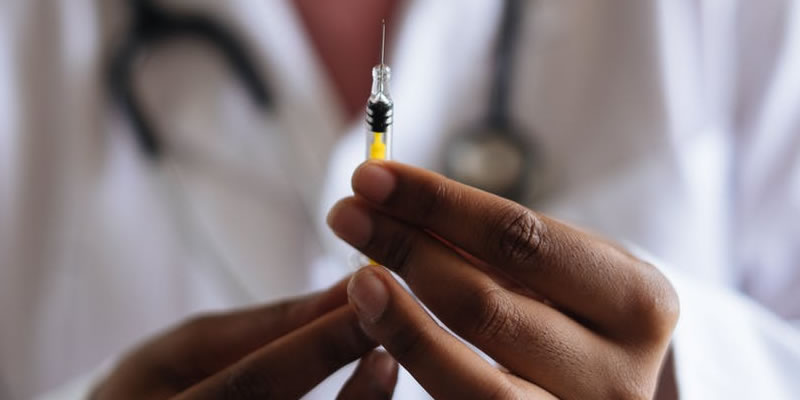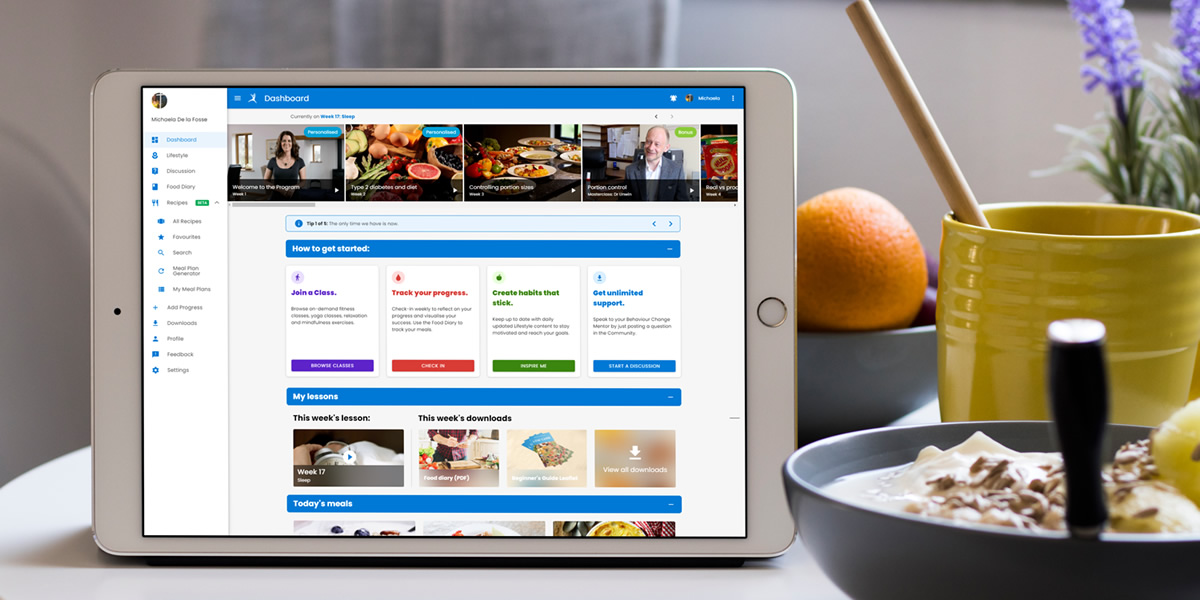A warning is being issued to people who suffer from significant allergic reactions to avoid having the Pfizer/BioNTech COVID-19 vaccination.
The Medicines and Healthcare products Regulatory Agency (MHRA) has issued the advice after two NHS workers reacted badly to the jab after receiving it on Tuesday.
Both people, who are understood to have had a mild anaphylactoid reaction, were treated soon after getting the jab and are fine now.
- Statins found to reduce COVID-19 deaths rates among those with diabetes
- WHO boss slams herd immunity COVID-19 approach as unethical
Speaking to Professor Stephen Powis, medical director for the NHS in England, said: “As is common with new vaccines, the MHRA have advised on a precautionary basis that people with a significant history of allergic reactions do not receive this vaccination after two people with a history of significant allergic reactions responded adversely.”
Vaccine reactions are uncommon, but do occur from time to time. Dr June Raine, head of the MHRA, said it was only right to take this step now that “we’ve had this experience”.
Despite this, several thousand people were successfully vaccinated on Tuesday, which marked the first of the national roll out.
Speaking to the BBC, Professor Peter Openshaw, an expert in immunology at Imperial College London, said: “The fact that we know so soon about these two allergic reactions and that the regulator has acted on this to issue precautionary advice shows that this monitoring system is working well.”
Meanwhile, the vaccination programme is now bring expanded out to include GP surgeries as of next week, the NHS has announced.
Around 200 GP surgeries will receive the vaccination and the over 80s will be invited first to receive the jab. The programme will then be rolled out to more than 1,000 practices.
- How do I know if I have a cold, the flu or coronavirus?
- Hospital waiting lists skyrocket due to coronavirus impact
Dr Richard Vautrey, GP leader from the British Medical Association, said: “We have a wealth of experience in delivering vaccines – and will be able to do millions of people a week. It is really dependent on supply and how quickly we can get our hands on it.”
Health Secretary Matt Hancock said the vaccine programme marks the “start of the fightback against our common enemy, the coronavirus”.





